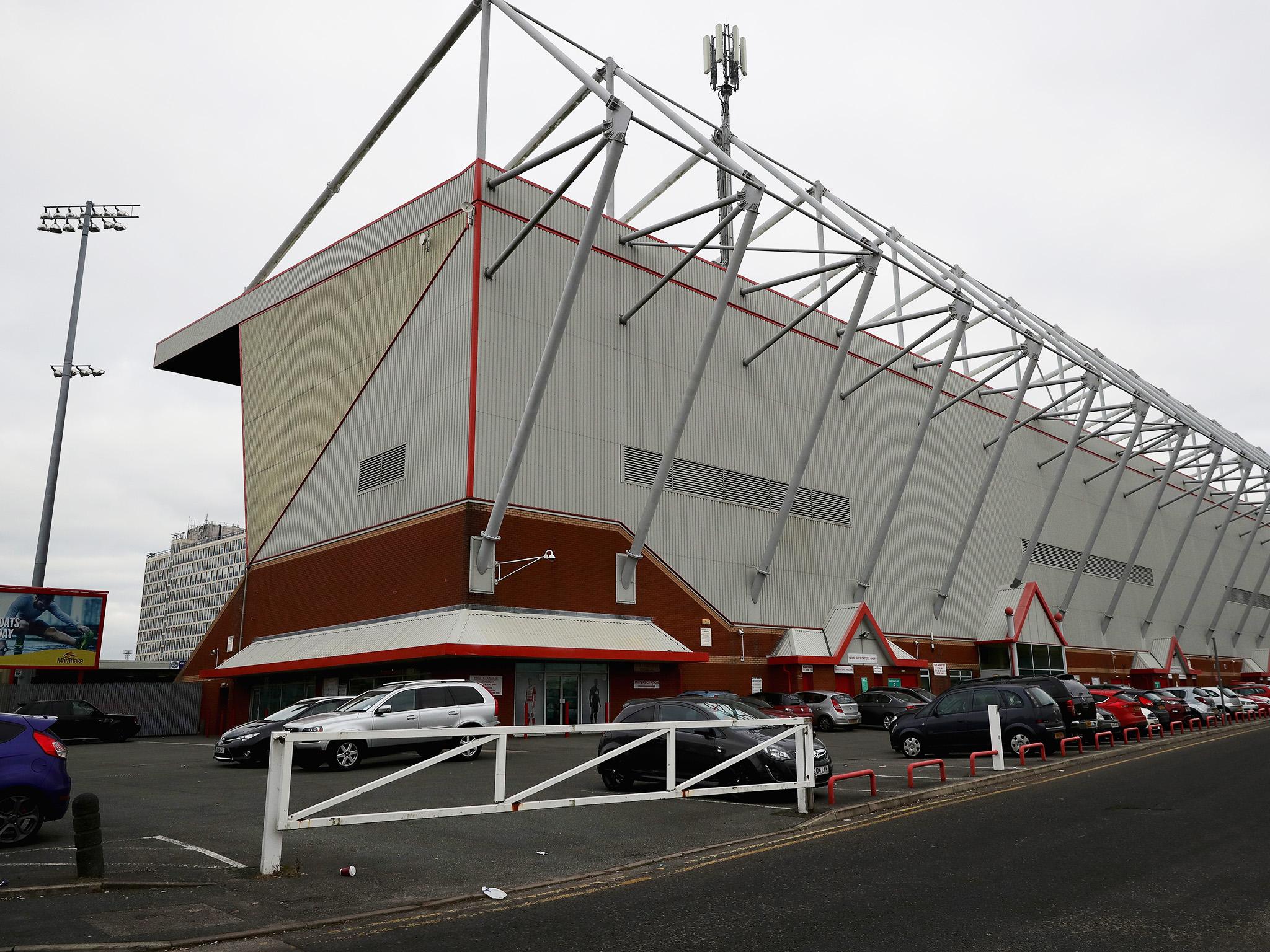Football child sex abuse has seen more than three times as many referrals as Jimmy Savile case, says NSPCC
At least 860 calls have already been made to the NSPCC in a week after it set up a hotline for victims of sex abuse in football

The NSPCC made more than three times as many referrals to the police for child sex abuse after opening a hotline dedicated to the football abuse scandal than it did in the wake of the Jimmy Savile case. The charity has already taken more than 850 calls from victims of abuse in youth football.
After setting up a helpline along with the Football Association for anyone who suffered from sexual abuse during their youth careers last Wednesday, the NSPCC received 860 calls from footballers wanting to talk about the abuse they were subjected to by their coaches.
In the first three days alone, the NSPCC made 60 referrals to police and other children’s services across the country. After the Savile phone line was opened, the charity made 17 referrals in the same timeframe.
The figures come just days after it was revealed that police forces around the country are already aware of allegations of sexual assault across multiple sports. Yesterday, three more forces confirmed that they had received allegations of historical child sex abuse in football, taking the overall tally to 12.
Essex, North Yorkshire and North Wales police all confirmed on Wednesday that they are investigation claims made to them since the hotline was set up, with Dorset, Staffordshire, Greater Manchester, Cambridgeshire, Hampshire, Cheshire, Northumbria, Scotland Yard and Police Scotland already investigating allegations of abuse. The latest figures show that, in total, police have received 250 reports of sexual abuse in football.
More than 20 former players have spoken about the alleged abuse, with ex-Newcastle United footballer Derek Bell revealing yesterday that he decided to try to kill his former youth coach, George Ormond, over 20 years after he groomed and abused Bell between the ages of 12 and 16 while he played for the Montagu and North Fenham boys football club.
“I went to his [Ormond’s] house with a 12in knife hidden in my pocket, and I kicked his door in,” Mr Bell told BBC Radio 5 Live, having spotted Ormond in the grounds of a hostel while working for a housing department in Newcastle.
“Luckily for him, that evening, he wasn't in. I told my friends at that point because I’d kept it a secret for a lot of years.
“I went and told my close friends, who've been absolutely incredibly supportive, and told them what had happened to me, and they said ‘Right, let's do something about it’, but I said ‘No, I'll do something about it’.”
Ormond was jailed for six years in 2002 after being found guilty of a string of sexual offences on young boys.
The public revelations have come after former Crewe Alexandra footballer Andy Woodward told The Guardian that he was one of the victims abused during the 1970s.
NSPCC chief executive Peter Wanless said that the growing number of disclosures in the football abuse scandal has been “staggering”, and added that he hoped the revelation of the latest numbers would help more victims to speak out.
“The number of high-profile footballers bravely speaking out about their ordeal has rightly caught the attention of the entire country,” said Mr Wanless.
“We have had a staggering surge in calls to our football hotline which reveals the worrying extent of abuse that had been going on within the sport.
“Anyone who wants to contact us can do so in confidence, with the knowledge they will be listened to and supported. In future footballers – both young players and former athletes – must have the confidence to open up about sexual abuse and feel able to come forward.”
The NSPCC’s football abuse helpline can be contacted 24 hours a day on 0800 023 2642
Subscribe to Independent Premium to bookmark this article
Want to bookmark your favourite articles and stories to read or reference later? Start your Independent Premium subscription today.

Join our commenting forum
Join thought-provoking conversations, follow other Independent readers and see their replies